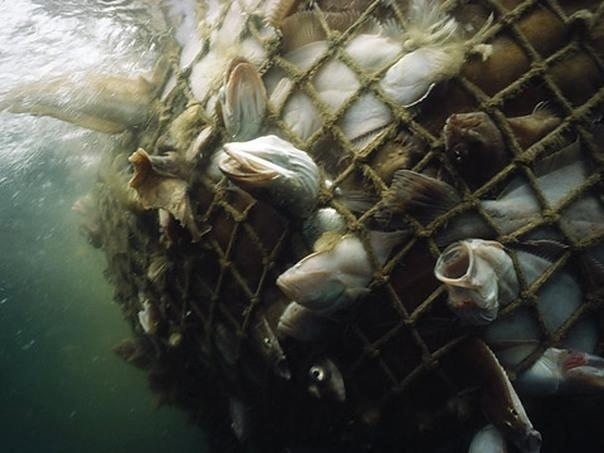I have finally been driven to anger by George Monbiot's latest article. He writes:
"As you read this, a monster of a bill is passing smoothly and quietly through Britain's parliament. It's so big and complex, and covers so many topics, that it makes a mockery of democracy. ... Bills like this are good places for burying bad news, and this one is a graveyard.' (my emphasis)
I have known about the Infrastructure Bill for months but nobody else seems to. Nothing appears to be happening. It sailed through the House of Lords with only minor changes from criticism that still do not reflect what needs to be done. It ignores the general public's views. And as Monbiot asks, why is Labour not doing anything? I have been involved with actions against the Bill as part of my role in my recent internship. So yes, there is some work against it, working behind the scenes. A few trends on Twitter, unpublicised petitions and comments on Guardian articles.
But the Infrastructure Bill is possibly the biggest threat to the environment of our time in the UK!
But I'm hearing more about the ban on plastic bags in a distant land than I am about the threat on my doorstep. There should be public unrest and protest, MPs should be quaking in their boots in the wave of public opinion. Here's why:
- The Bill poses a huge threat to Britain's wildlife. Firstly, it lists wild boar as 'not ordinarily resident' in the UK. At the last census there were 819 wild boar living in the Forest of Dean. Their population was first established in 2004. I fail to see how that's not 'ordinarily resident'. As a result, it would be even easier for wild boar to be culled or completely removed by government. The Bill also poses an issue for any reintroduced species that previously became extinct. So, for example, red kites and sea eagles that have been reintroduced (with thousands of pounds of charities' money and public support) could be removed. The beavers peacefully living in Devon would be gone too. It could also work to prevent any future reintroductions of previously resident species. What's worse, if other species (previously resident or not) begin to colonise in the UK naturally they would be controlled too. This is likely to happen with the effects of climate change as our weather gets warmer and other places become too warm.
- And this is the climate change that the government, using the Infrastructure Bill, will only make worse. This is with the move to allow fracking. Whilst there is an uproar that I welcome on fracking, I fear that this is not being linked with the deceivingly named Infrastructure Bill which is being discussed now. By allowing the digging up of people's homes and fuelling the search for oil (instead of spending these resources on clean energy dare I say) they are acting against the Climate Change Act 2008. Our government is happy to go against democratic principles and against the law apparently. Fracking has been banned in some places in the USA, a country not exactly known for its consideration for the environment. The science behind fracking is very negative, fracking is polluting and dangerous. It is suggested that Defra has a report on fracking made almost unreadable by the amount of censorship. MPs have not seen this report. Censorship in a democracy? What is going on? Homes and habitats will be destroyed and emissions increased only for short term gain. This should not be acceptable.
- The Infrastructure Bill could wreck what little remains of our forests. I know less about this then I should but here the Woodland Trust examines it in detail.
As someone who was working within an environmental NGO when the Infrastructure Bill emerged, I can tell you that it made NGOs fearful. They have the expertise to fight it but they do not have the public support and outcry to build upon. Not yet anyway, but there is time to bring a fight.
If you care about the environment, if you care about what happens to the people and wildlife in this country, if you care about democracy, I beg of you to join the fight to create the uproar about this that should be happening. Write to your local MPs, write to ministers, write to Defra, Facebook it, tweet it #BintheBill, petition them, protest, anything you can think of. Let us create an uproar worthy of our nature and our people.
Here's some links to give you a head start:
Action
Here's some links to give you a head start:
- Parliament information on getting your views heard
- Join the Twitter trend
- Petition to exempt forests and public land from Infrastructure Bill
- Petition to protect native species that have been reintroduced to the UK
- Petition to remove fracking from the Infrastructure Bill
- Petition to end the fracking report censorship
- Join the lobby against the Infrastructure Bill on 14th January (a few days time!) (Thanks to @frackfree_eu for letting me know about this, you should also give them a follow)
- I am in the process of writing a letter to send out, watch this blog as I will post a copy of it to provide a guideline/some ideas if you're uncertain what to write.
UPDATE: The vote on the Infrastructure Bill went in favour of fracking. There were some promises on preventing fracking in national parks, and protected areas and preventing water contamination but David Cameron is trying to go back on those. It may have passed but the Bill is in the process of being amended by both houses. So pressure is still desperately needed to direct these amendments the right way and the above actions you can take still apply. Also, preventing the Conservatives from winning the election would prevent David Cameron going back on those promises ... Just sayin'


















